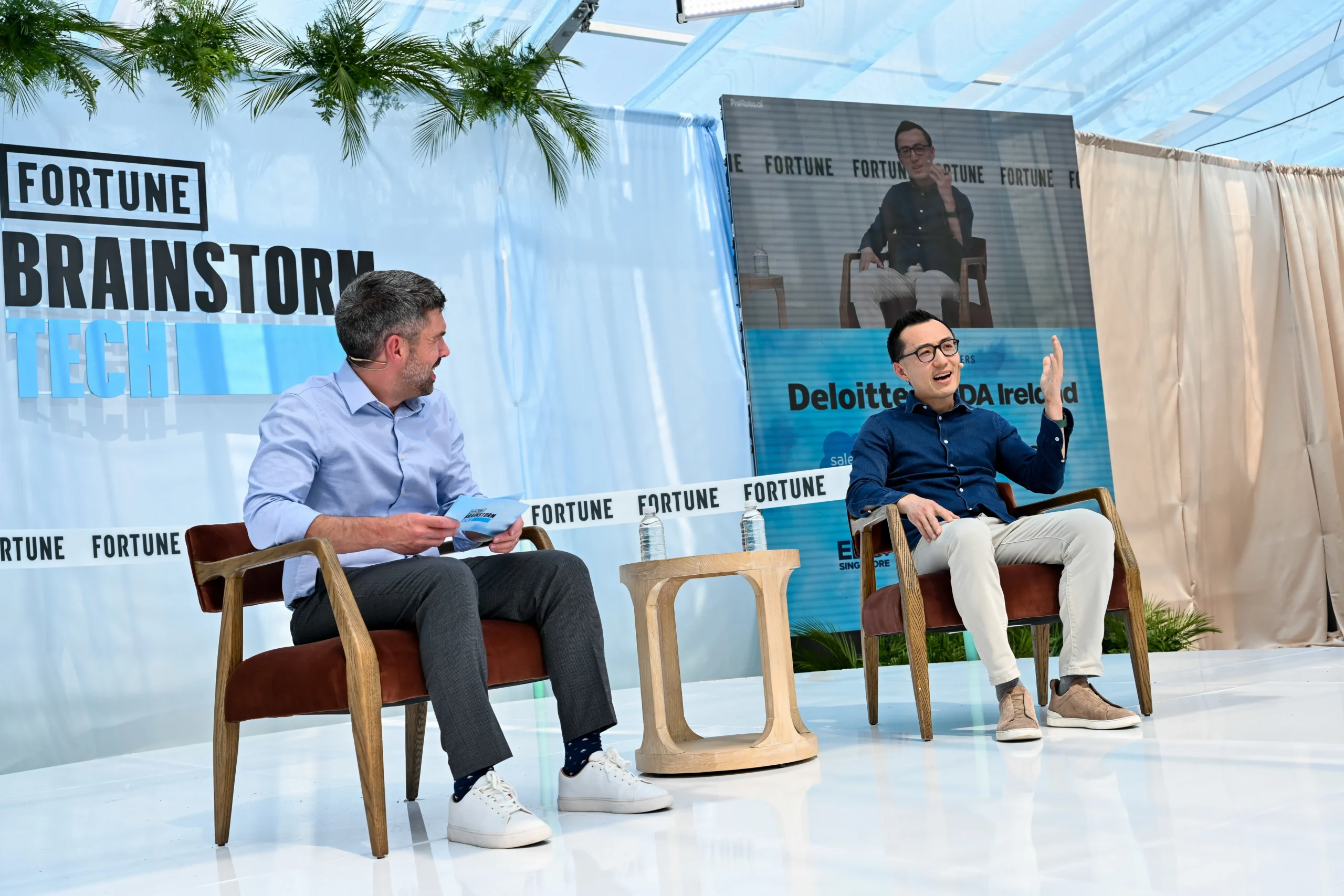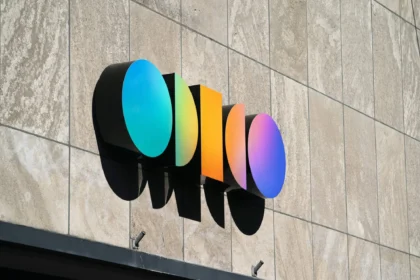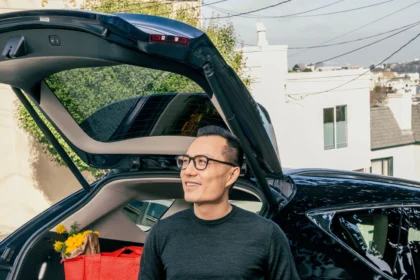Tony Xu, CEO and co-founder of DoorDash, is offering a candid perspective on the challenges of corporate growth through mergers and acquisitions (M&A). While deal-making often appears straightforward in headlines, Xu emphasizes that the reality of integrating companies and capturing value is much more complicated than it seems.
M&A: The Promise vs. the Reality
In recent years, M&A has been a favored strategy for tech companies and startups seeking rapid expansion. DoorDash itself has explored strategic acquisitions to strengthen logistics capabilities, enter new markets, and diversify its service offerings.
Yet, as Xu points out, the success rate of M&A is surprisingly low. Executives may be attracted by the potential synergies and projected growth on paper, but translating those assumptions into operational reality often proves difficult.
“Mergers and acquisitions look simple when you’re reading the pitch deck,” Xu said in a recent interview. “But in practice, aligning teams, systems, cultures, and customer expectations is extremely challenging. It’s very hard to get right.”
Lessons from DoorDash
DoorDash’s journey offers insight into why M&A is so tricky. Acquiring a company may promise access to new markets or technology, but it also brings integration hurdles:
- Operational Complexity: Merging supply chains, delivery networks, and technology platforms can create inefficiencies if not carefully planned.
- Cultural Clashes: Two companies with different cultures and management philosophies may struggle to work cohesively.
- Customer Experience Risk: Any disruption during integration can impact service quality and customer loyalty.
Xu notes that these challenges are often underestimated. Many companies focus too heavily on financial modeling and deal terms, underappreciating the human and operational dimensions of integration.
Strategic Patience
Rather than rushing into acquisitions, Xu advocates for a disciplined approach:
- Thorough Due Diligence: Understand not just the financials, but the culture, processes, and technology of the target company.
- Clear Integration Plan: Develop a roadmap before the deal closes, detailing how operations, teams, and systems will merge.
- Focus on Value Creation: Ensure the acquisition aligns with long-term strategy rather than short-term optics.
DoorDash has applied these principles selectively, acquiring smaller logistics and software companies that enhance its platform without overcomplicating operations.
The Broader Tech Landscape
Xu’s cautionary take resonates across the tech sector. While M&A headlines often highlight massive valuations and blockbuster deals, studies show that more than half of all mergers fail to deliver expected value. Misaligned strategies, underestimated costs, and integration delays often erode projected gains.
For startups and established companies alike, Xu’s advice is clear: M&A is not a shortcut to growth—it’s a complex tool that requires patience, rigor, and realistic expectations.
Looking Ahead
DoorDash continues to explore growth opportunities, including international expansion and technology-driven innovations in delivery logistics. Xu’s message to other executives is simple: pursue acquisitions thoughtfully, prioritize integration, and never underestimate the operational and human challenges that come with bringing two companies together.
In a corporate world increasingly defined by M&A headlines, Tony Xu’s perspective serves as a reminder that successful growth isn’t about signing deals—it’s about executing them effectively.







